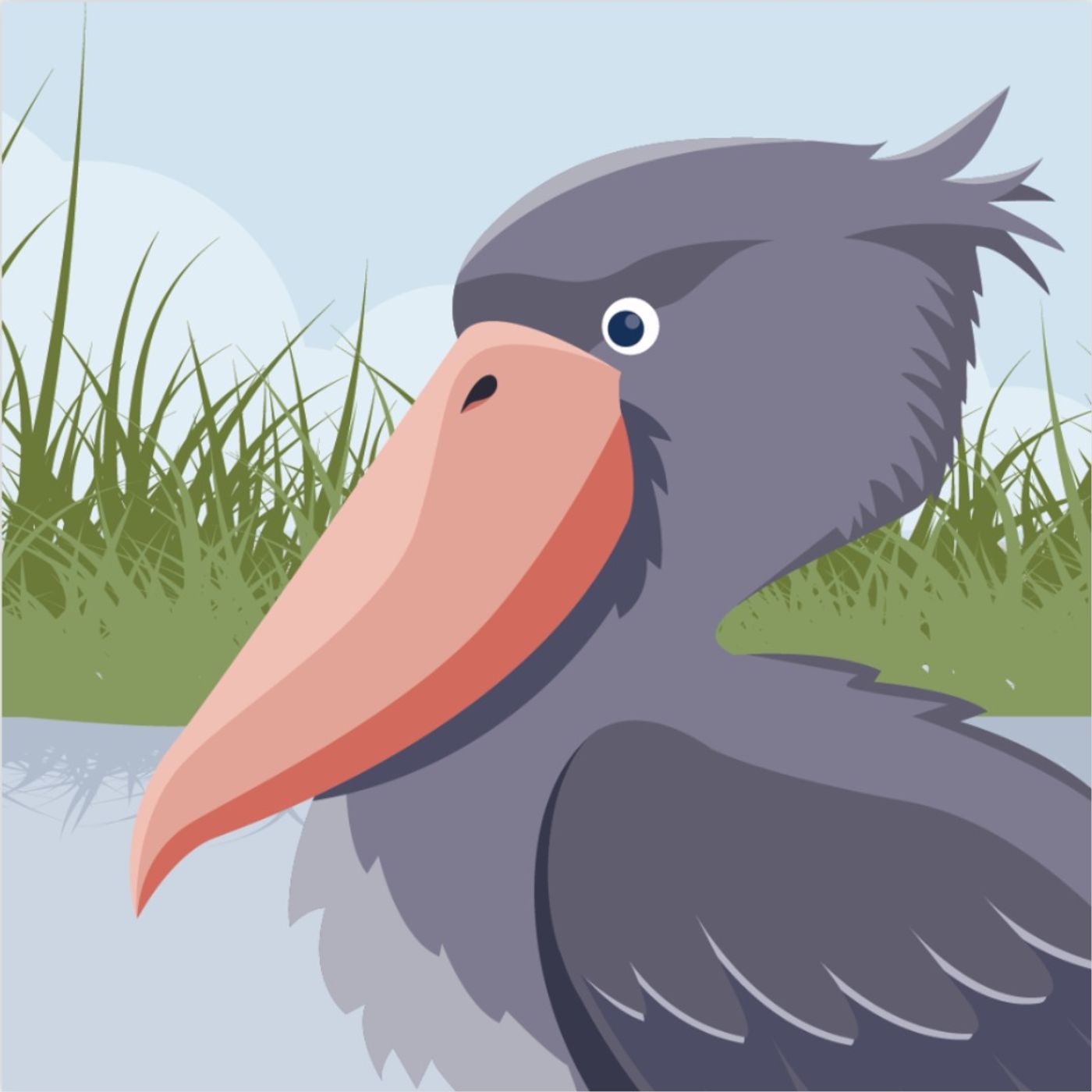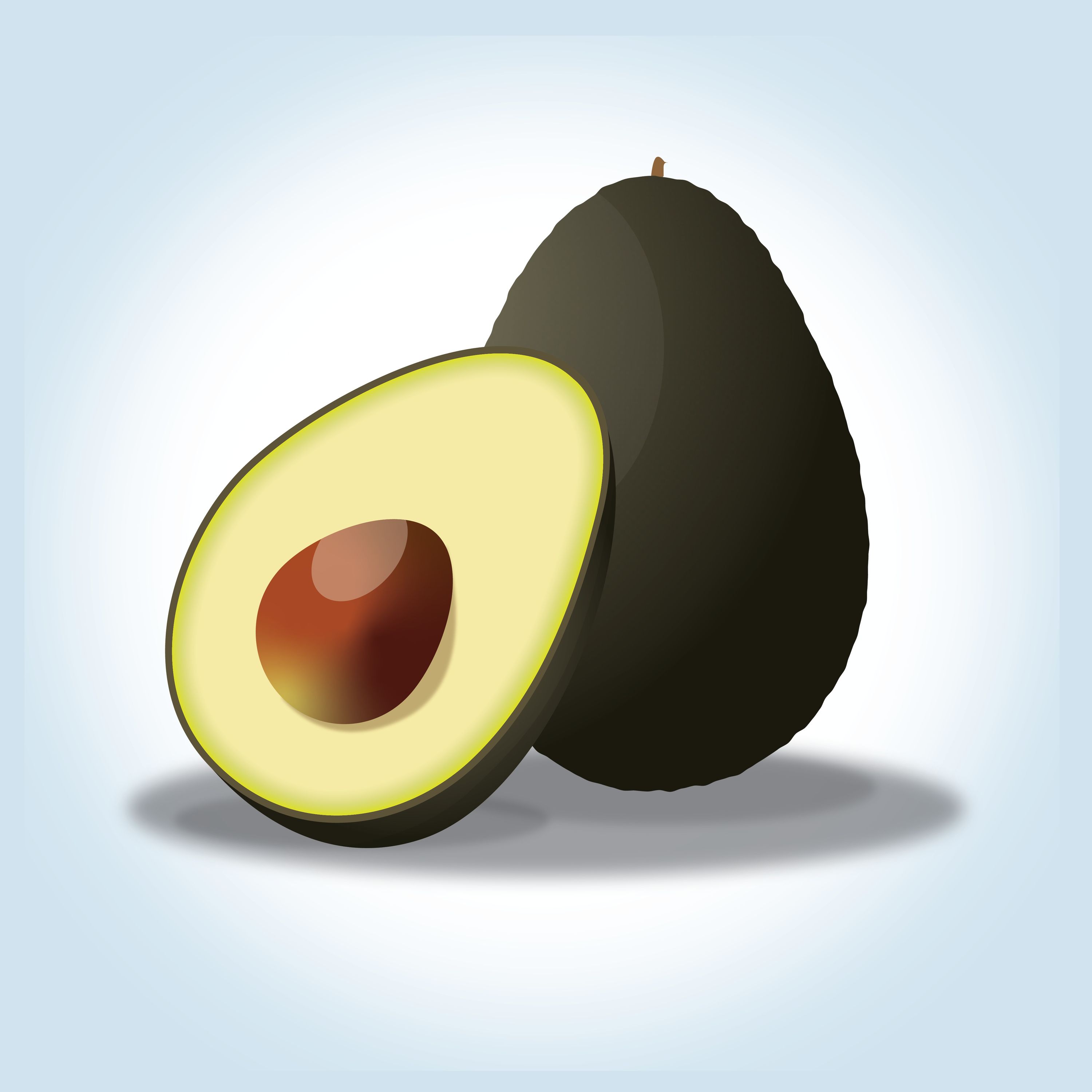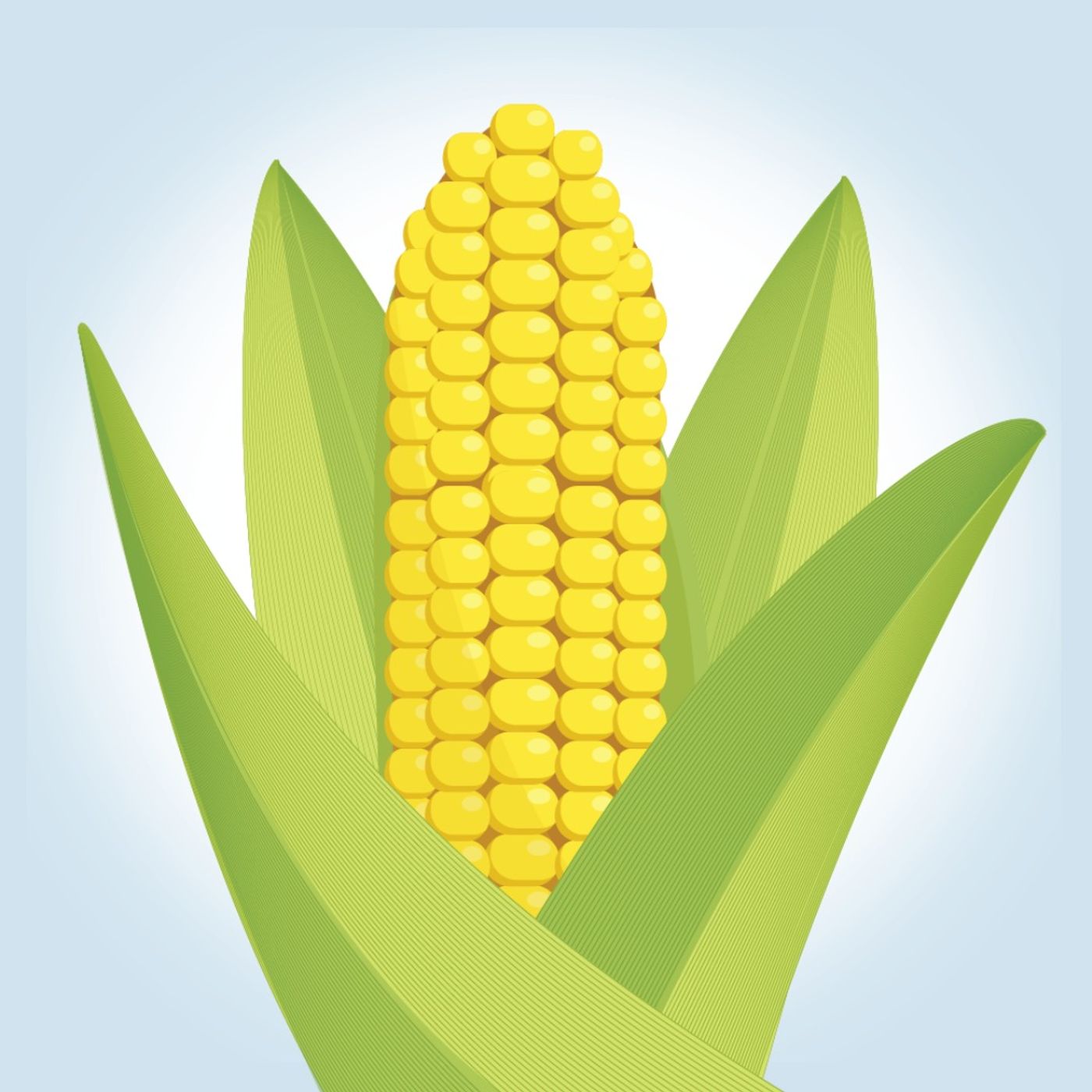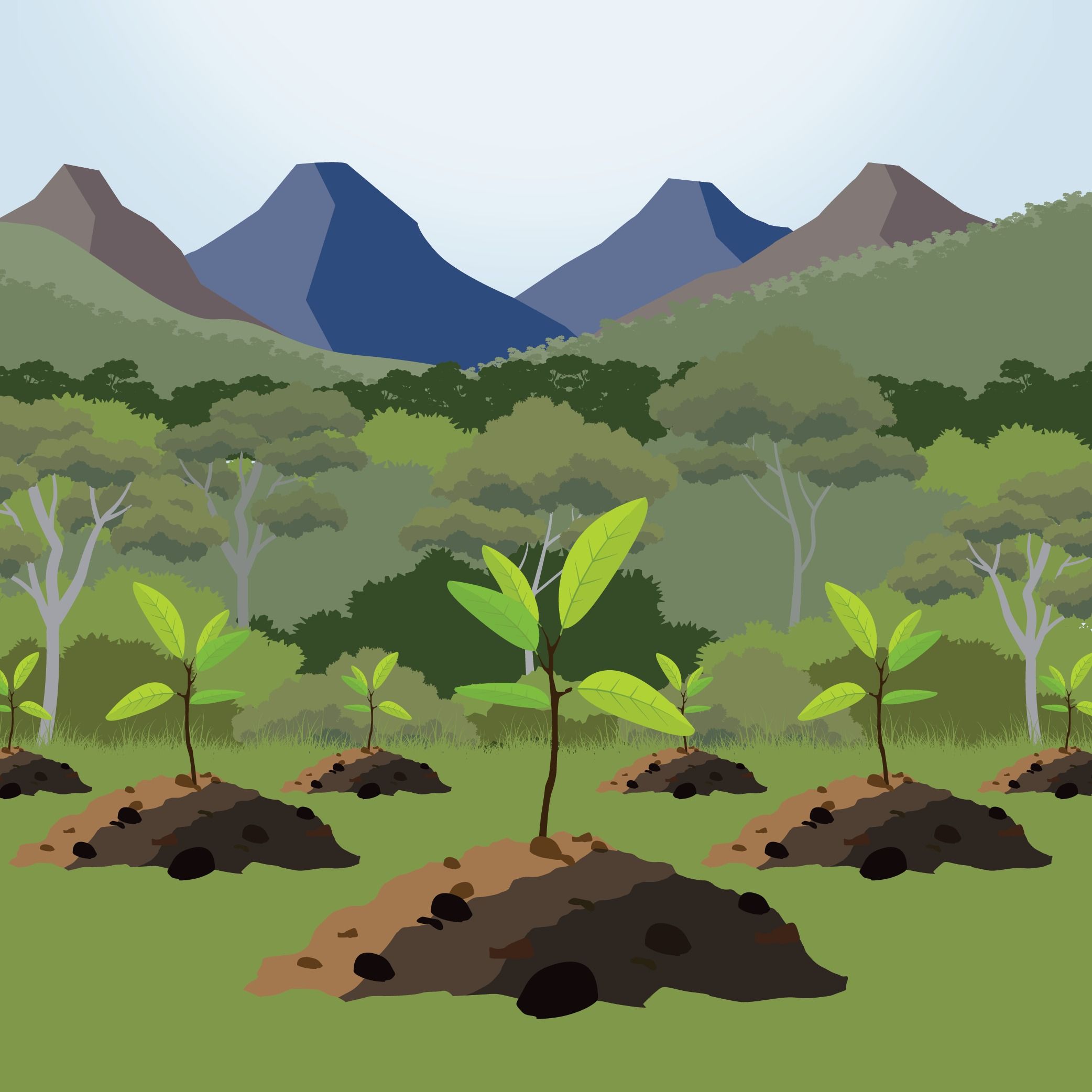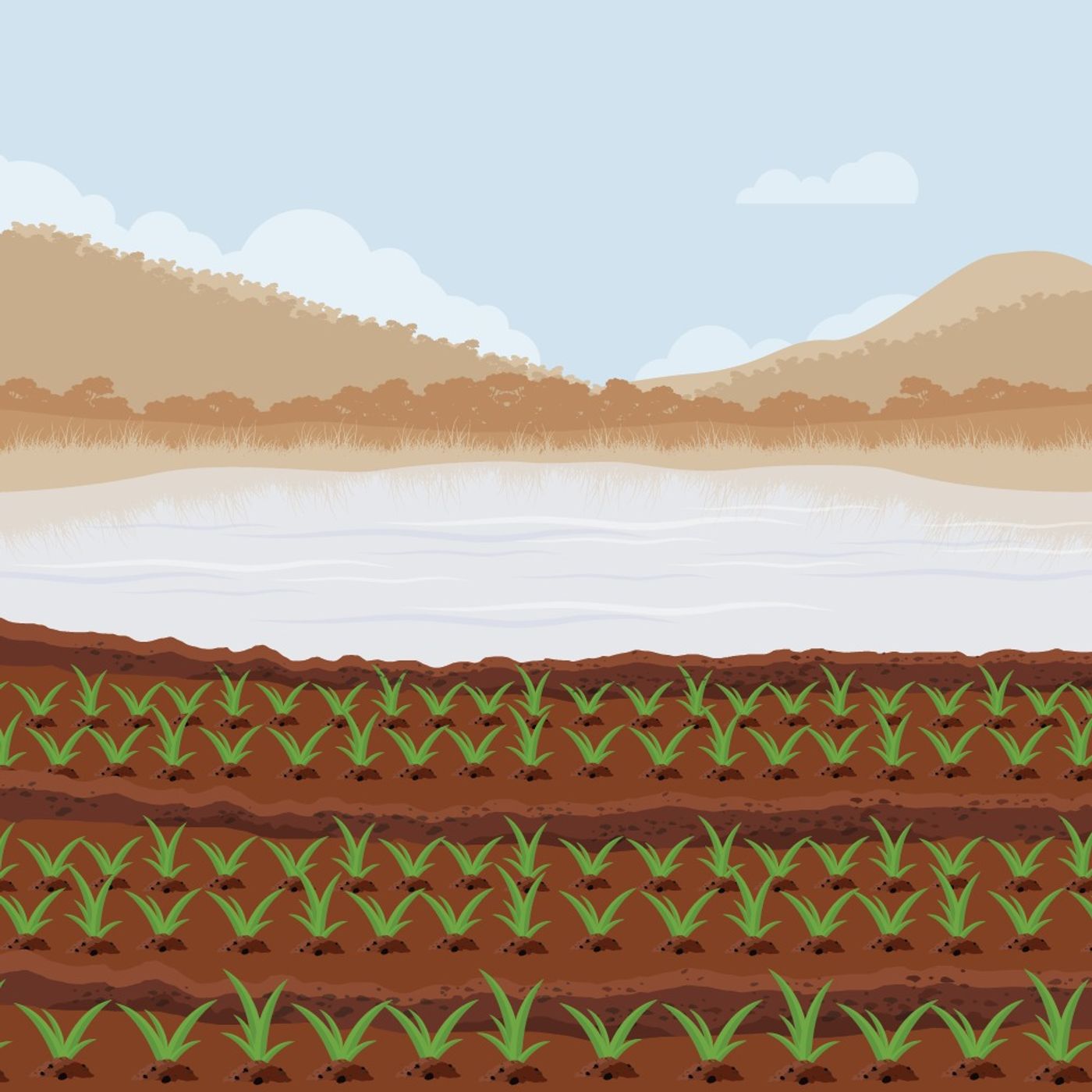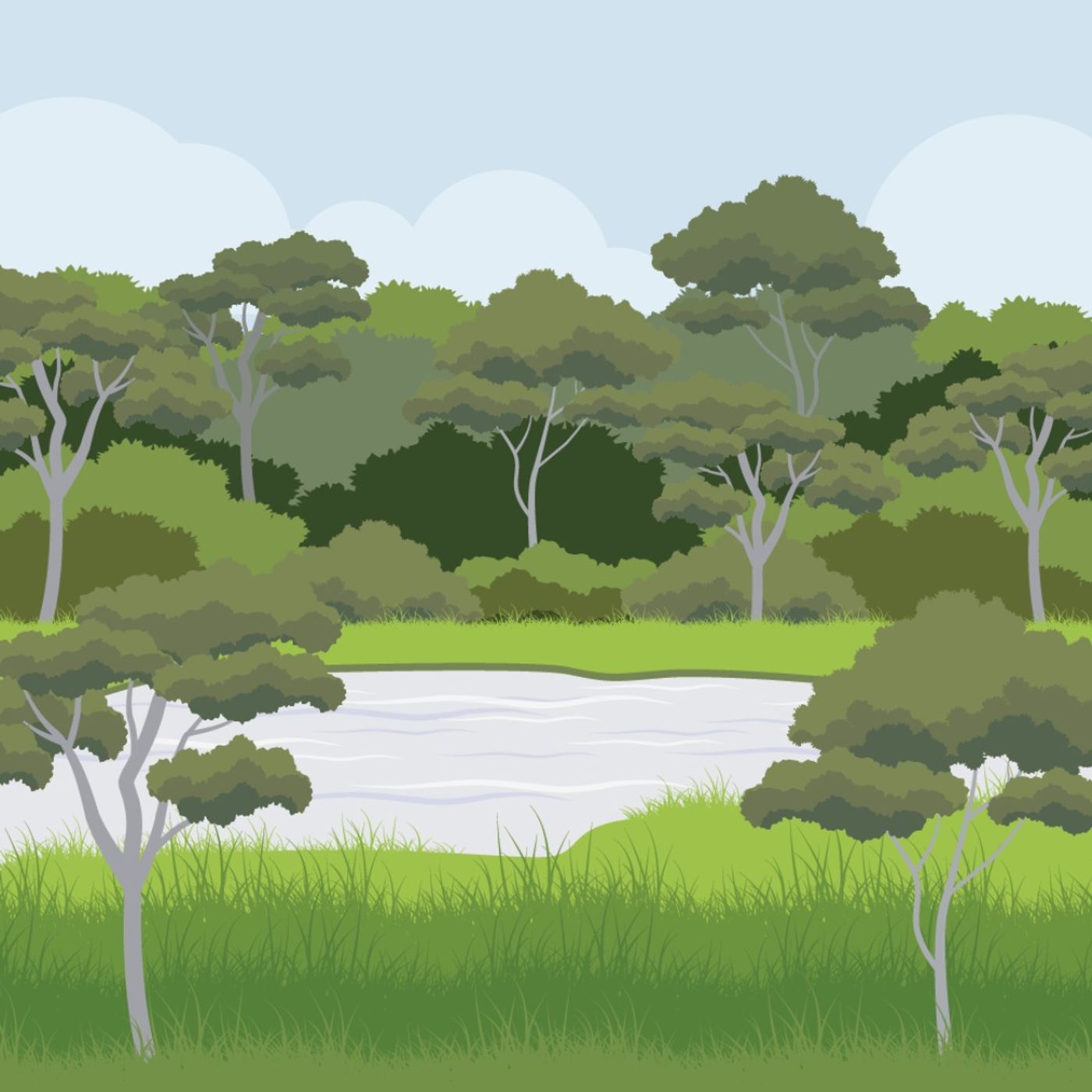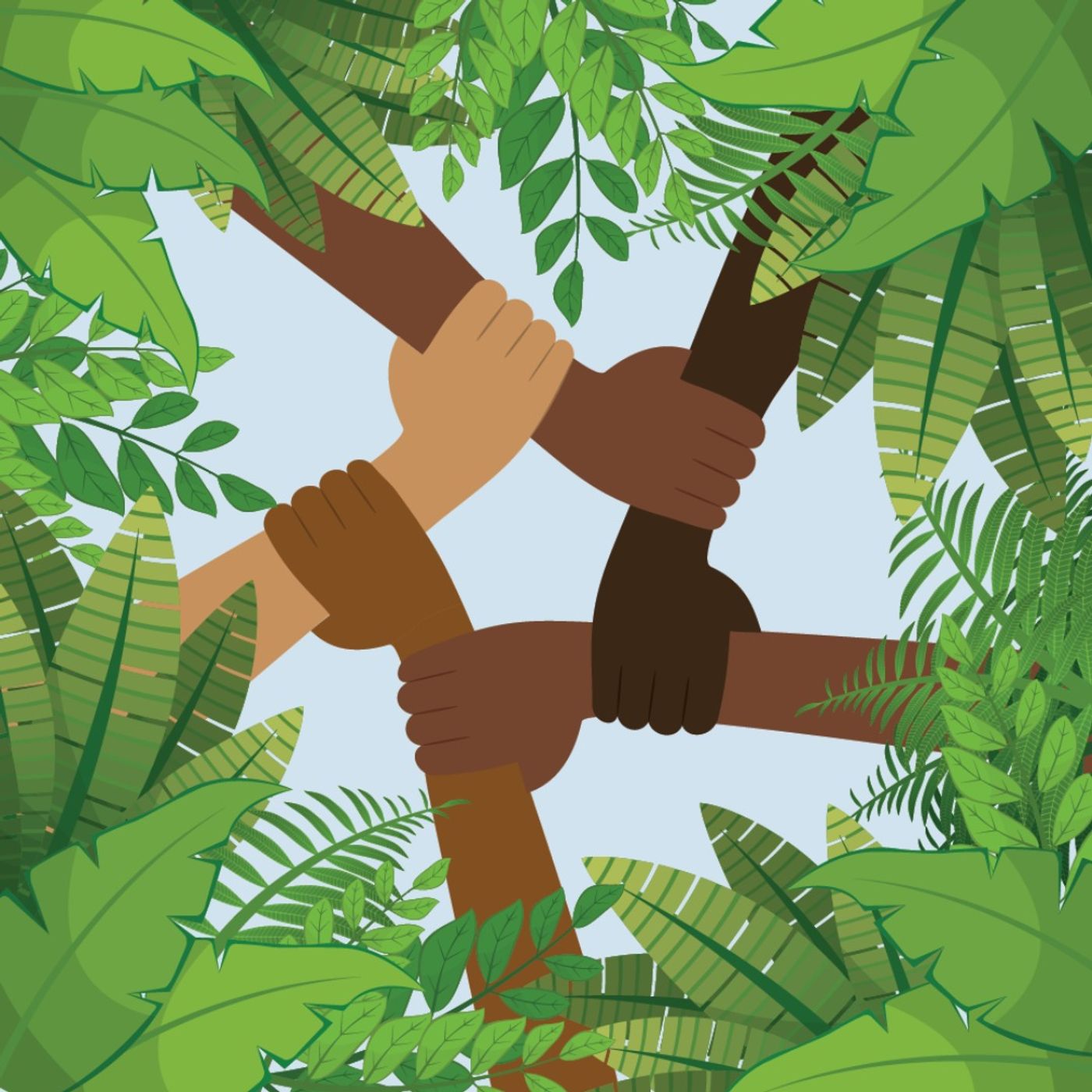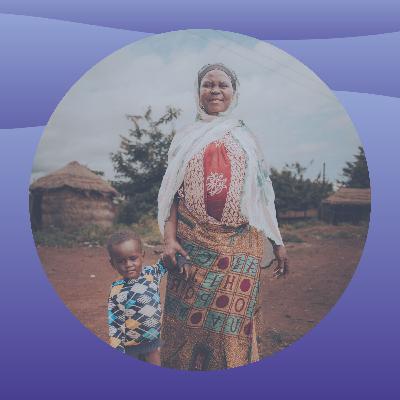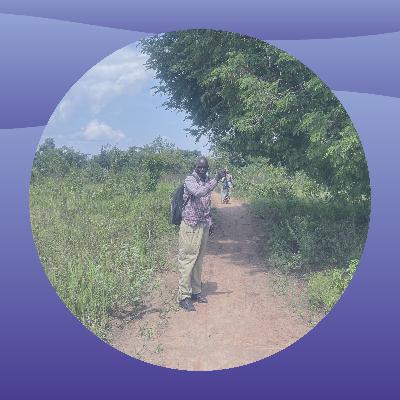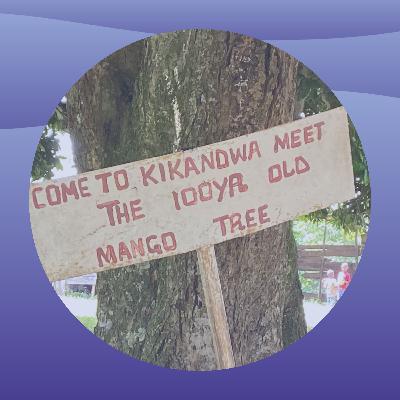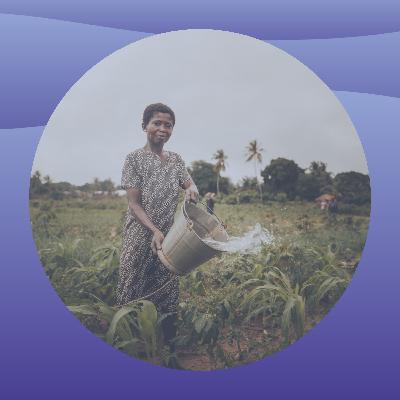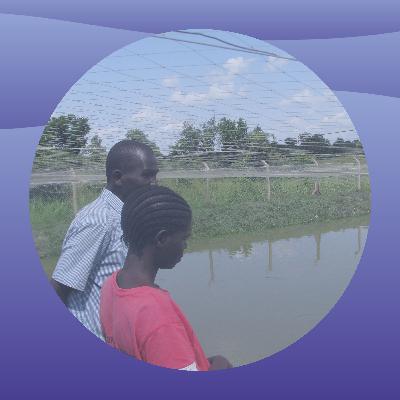How the once-polluted Mabamba swamp became a haven for rare birds
Description
The Mabamba Swamp is home to the dinosaur-like shoebill stork. But it wasn't always that way. In order to save it. Joseph Kimbagaya had to convince his friends, his elders, and ultimately the Catholic Church.
In our season launch, host Ivy Prosper takes us to the lush Mabamba Swamp in central Uganda, home to over 300 bird species, including the striking shoebill stork.
Hear how local leaders, tour guides, and conservationists, like Joseph Kimbagaya and Kasasa Hanington, have transformed this wetland into a thriving eco-tourism hub by reforesting, regulating harmful activities, and inspiring a love for nature.
And meet the bird that inspired it all.
This episode was written and produced by Evert Lindquist, with support from staff from Farm Radio International’s office in Uganda, including Ecaat Stephen Justin and Pascal Mweruka. Broadcaster Amayiko Martin provided translations on site and re-recorded the translation for Mayombwe Godfrey.Doreen Ainembabazi further translated and voiced the interview with Katende Aidah.
This podcast was edited by Tara Sprickerhoff.
More about Nature Answers: Rural Stories from a Changing Planet at farmradio.org/natureanswers
This is a Farm Radio International podcast produced thanks to funding from the Government of Canada.

